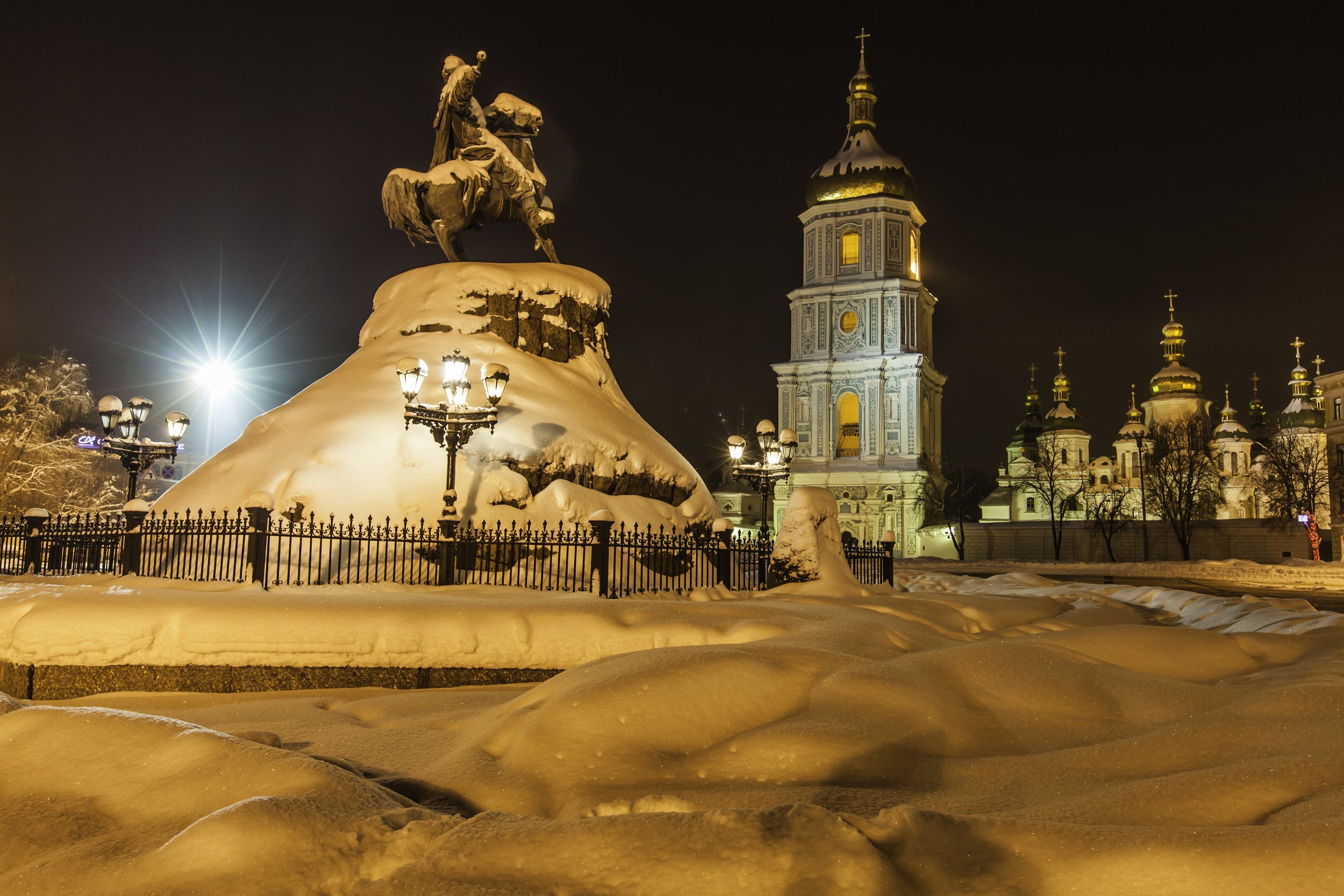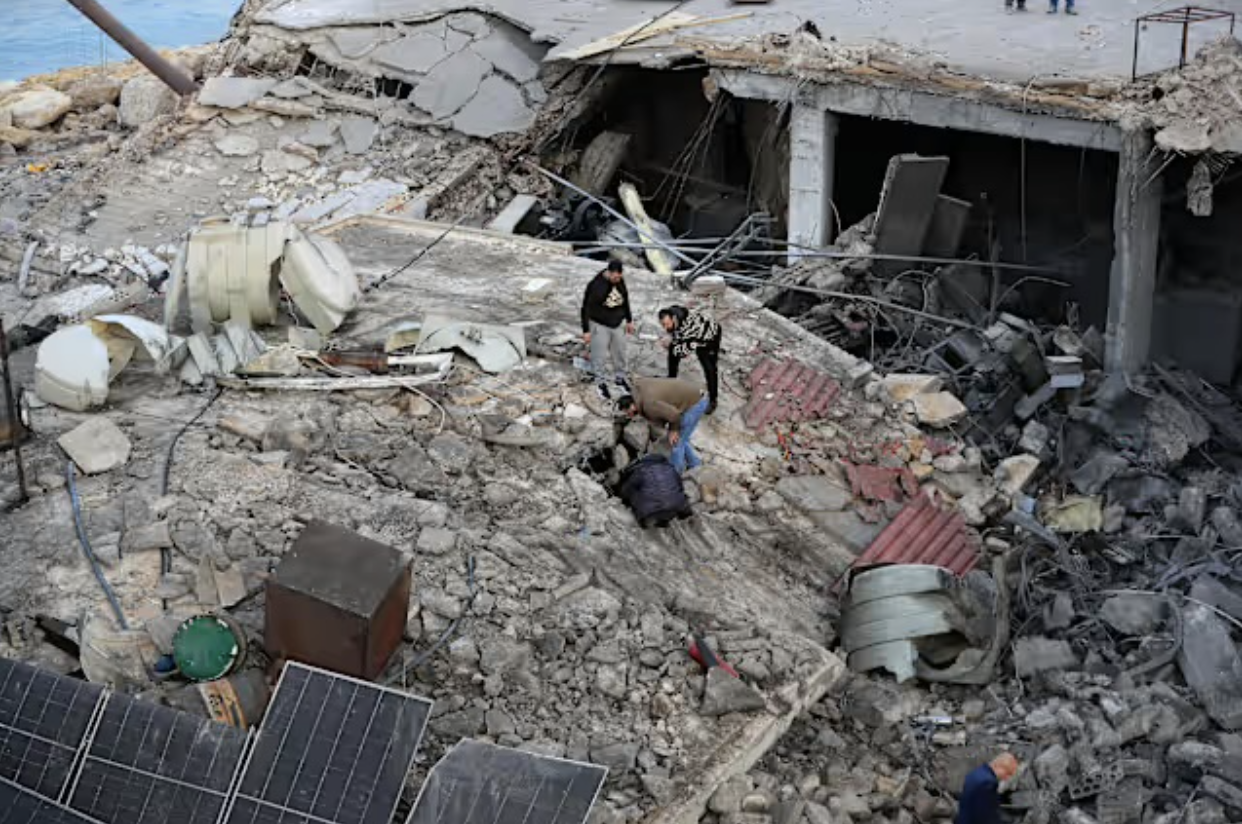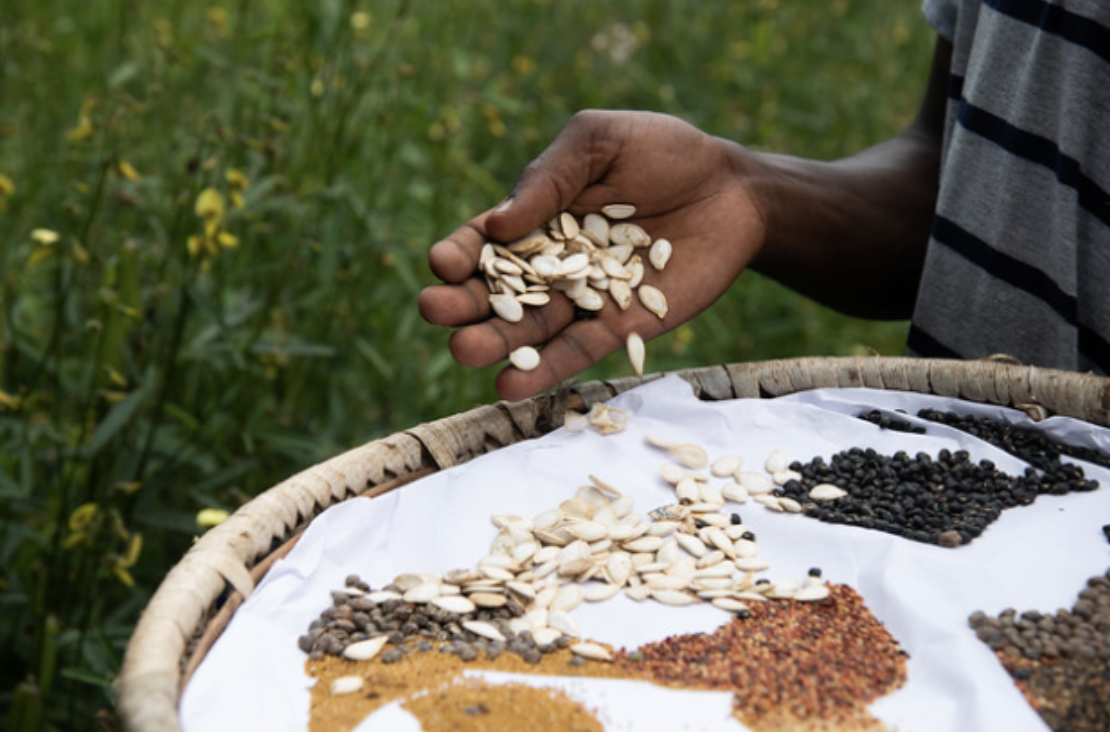Israeli-Moroccan Relationship Cemented with $500 Million Trade Pact
The meeting between Israel, the US, and Morocco in December 2020 (in which Israel and Morocco first established relations). (Wikimedia)
The countries of Israel and Morocco have agreed to a trade deal that could be worth upwards of $500 million, according to a statement from Israeli Minister of Economy, Orna Barbivai, which was released on February 21. Lengthy negotiations between Barbivai and Moroccan Minister of Trade, Ryad Mezzour, culminated in a signing ceremony in the capital of Morocco, Rabat. This agreement is a critical development in improving Israel-Morocco relations, which have been formally established for less than two years.
The deal between the two countries is poised to stimulate investments in certain industries, such as aerospace, tourism, automotive, and pharmaceuticals. Another feature of the agreement solidifies the tripartite economic cooperation agreement previously reached between Israel, Morocco, and the United States by extending qualifying industrial zones (QIZs) to Morocco. QIZs have historically operated in both Egypt and Jordan, offering direct access to US markets free of tariffs or quota restrictions.
Minister Barbivai remarked on Twitter, “Moroccans understand in their wisdom that economics is a powerful lever for solving complex challenges. Now it is our job – government, industry and trade – to initiate and influence the scope and nature of the relationship. The potential is unlimited.” Minister Mezzour described the deal as “groundbreaking” and expressed hope for the future.
Although Morocco only formally recognized Israel as a sovereign state in 2020, the two states have a storied relationship going back to Moroccan independence. During the reign of King Hassan II (from 1961 to 1999), Morocco and Israel cooperated in various ways. During the 1965 Arab League Summit in Casablanca (where discussions related to plans for the Six-Day War of 1967), Hassan II allowed Israeli intelligence agents to spy on other Arab states. In the 1980s, Hassan II further tried to establish relations with Israel, only to be stymied by other Arab nations. His son, King Mohammed VI, continued to maintain informal relations with Israel, including by encouraging peace talks between Israel and Palestine in the 2010s.
Morocco, a member of the Arab League, formally established relations with Israel on December 10, 2020. The move came in the wake of recognition of Israeli statehood from Bahrain, the United Arab Emirates, and Sudan.. In November 2021, a defense agreement was signed between Israel and Morocco.
The trade deal comes at an important economic point, as both nations are currently recovering from the impacts of the COVID pandemic. While Morocco’s GDP shrunk by 6.3% in 2020, the International Monetary Fund estimated that the GDP grew by 6.3% in 2021 and will continue to grow in 2022. Similarly, Israel saw a 2.1% reduction in GDP in 2020, but a growth of 7% in 2021.
Diplomatic relations between Israel and Morocco have been on a positive trajectory since their establishment in 2020; since this period, multiple economic and defense-related deals have been struck between the two countries. At the same time, only six of the twenty-two members of the Arab League recognize Israeli statehood, creating a marked difference between Morocco and its historical allies. . Given Morocco’s objective benefits from its relationship with Israel, other Arab League countries may reconsider their policies regarding the Jewish state in the future.






